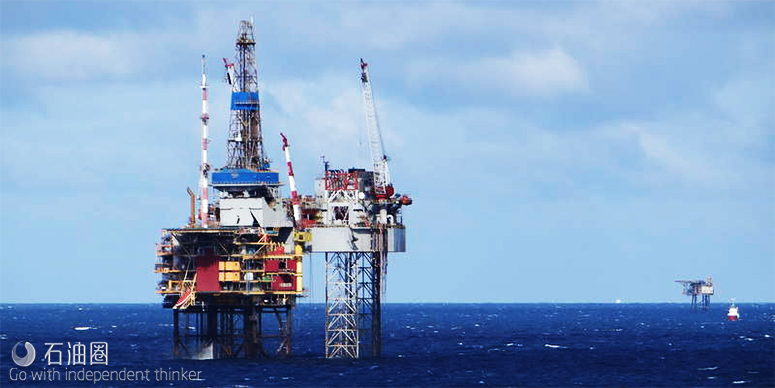The North Sea is currently home to about 11,000 oil and gas platforms, of which 2,379 are expected to be decommissioned in the next ten years. However, the oil and gas industry lacks a standard approach to identifying environmental liability and well integrity.
There is currently no obligation for oil and gas companies to inspect abandoned wells, and although suspended wells do need to be inspected the process is not frequent or continuous.
A collaboration between Heriot-Watt University, Aberdeen-based integrity specialist Sentinel Subsea and the UK Oil & Gas Innovation Centre aims to address the problem of monitoring unused wells with an “environmentally benign tracer compound.”
“During 2017, for the first time, the number of wells being decommissioned was higher than the number of new wells being drilled,” Oil & Gas Innovation Centre CEO Ian Philips said. “With the total decommissioning expenditure over the next 10 years expected to reach £15.3bn on the UK continental shelf alone, collaborations like this have the potential to bring further cost efficiencies and increase environmental safety standards to the sector.
“The industry as a whole is striving to reduce decommissioning expenditure by 35% by 2035 and this non-invasive, environmentally-friendly monitoring system has the potential to monitor thousands of decommissioned and suspended wells across the UK and further afield at low cost.”
How does the compound work?
The compound, known as SWIFT, is designed to be pumped into a well before it is sealed and will react with a detector “trigger” material if the well leaks. Once this tracer-trigger reaction takes place it will cause a buoyant beacon to detach and transmit a signal to its base station, alerting the need for further investigation of the beacon’s associated well.
“Environmental assurance and cost reduction are the two cornerstones of well decommissioning,” Sentinel Subsea CEO Neil Gordon said. “It is vital that the North oil and gas industry can ably demonstrate proactive, best practice of environmental stewardship to all stakeholders throughout the late life and decommissioning process, whilst working towards the Oil and Gas Authority’s reduction target of 35% on current cost projections.
“Sentinel Subsea’s technology provides that environmental assurance whilst providing the confidence for industry to adopt innovative decommissioning techniques that could make a huge contribution to that cost-saving objective.
“Our partnership with Heriot-Watt University, supported by the Oil & Gas Innovation Centre, allows our technology to begin its tangible journey to make global decommissioning a safe, highly efficient industry.”
Development of the system
According to a statement from Heriot-Watt University, development of the SWIFT compound is showing “promising results” in the laboratory, but there are a number of challenges in developing a reliable early-warning system. For the compound to work as a “smoke alarm in the sea” false positives must be eliminated and the beacons must be able to detect the tracer-trigger reaction.
“The SWIFT compound we are developing cannot be found naturally in the environment as this could cause a false positive detection but must, at the same time, be completely non-toxic and non-hazardous to allow it to enter the sea environment from the well,” Heriot-Watt professor David Bucknall said. “We also need to ensure that it does not react with any of the materials and compounds that exist in the wells already.
“It also needs to remain ‘dormant’ for an extended period of time, sealed within the well. We are testing materials that can last for up to 100 years by artificially ageing the compound under lab conditions. The position of the trigger on the seabed means it can be more readily replaced so this will need to last for approximately 10 years.”
The project is focusing on three stages to ensure the system is commercially viable. These stages include the chemical design, which is currently underway, simulated and laboratory field trials and independent external validation tests.
Following these, the compounds will be commercially produced in sufficient quantities for Subsea Sentinel to conduct trials in North Sea wells before scientists at Heriot-Watt evaluate the trial data to ensure the system’s functionality matches results from laboratory trials.

 石油圈
石油圈
